One billion pounds of conventional pesticides are used annually to control weeds, insects, and other pests in the US alone.
Pesticides have become commonplace in the modern world. But many people can no longer ignore the serious implications they carry for the environment, and for human and animal health. The overuse of pesticides can destabilize ecosystems, reducing the quality of water sources that humans and animals rely on for survival.
In 2021, there is greater awareness about the damage humans are doing to the planet. More people are turning to eco-friendly alternatives. And biopesticides can be an excellent way to deal with pests at home.
Continue reading to learn more about organic pest control.
Why We Use Pesticides
Pests in your property can damage your health, as well as your home and landscape. Termites, cockroaches, mosquitoes, rodents, ants, bed bugs, fleas, and ticks are some unwanted guests you may be familiar with. Dealing with pest issues as soon as they arise will save you time, money, and unnecessary stress.
When used correctly, pesticides are a fantastic tool for protecting your home. There are many types of pesticides for many kinds of pests.
Pesticides have grown in popularity, but some of the chemicals can be harmful to the environment. The ingredients that are toxic to pests can also be toxic to humans.
An alarming new study found that 64% of global agricultural land is at risk of pesticide pollution. The study’s lead author, Dr. Fiona Tang, warned humans about the widespread use of pesticides in the 21st century. They could have severe implications for the environment, as well as human and animal health.
What Is Organic Pest Control?
There are often toxic chemicals used in conventional pesticides. In 2021, people are looking towards organic options to avoid harming themselves and the environment.
Chemical alterations produce conventional pesticides. Meanwhile, organic pest control uses natural substances to deal with pests. Vinegar, soaps, lime sulfur, and pyrethrum are popular organic methods.
There is a much greater demand for biopesticides today. Thus, more pest control companies can provide customers with greener options. An organic method will attempt to offer a long-term solution after determining the root cause of the pest problem.
The Benefits of Using Organic Pesticides
Conventional pesticides pose a greater danger to human health. They also emit more greenhouse gases, and potentially pollute our water sources.
Biopesticides only attack the targeted pests. They are a much better option for those interested in the environment’s welfare.
By going organic, you can also protect your landscape. Although the results may take longer, organic pest control methods are careful not to expose your home and plants to toxic chemicals.
In time, pests can develop resistance to non-organic pesticides. Unfortunately, this can render the treatment pointless. Pests can’t build resistance to organic pesticides due to their biological composition.
Organic pest control methods are meticulously formulated with a scientific and strategic approach. Conventional pesticides are good for dealing with pests. However, far less thought is given to considering the after-effects of the treatment.
Another excellent advantage of using biopesticides is the undeniable safety aspect. There’s no need to worry about the health of your family and your pets. The substances in organic pest control treatments are 100% safe.
At Elevate Pest Control, we are able to offer our customers a strictly organic approach to controlling pests on their property.
Is Organic Pest Control Effective?
It depends on numerous factors. In some cases, conventional methods are more effective and, in other cases, organic methods will garner better results. We recommend contacting a pest control company and always choosing the least toxic pest control option.
As is true with most organic products, conventional treatments for pest control tend to be cheaper. Harsh chemicals are more likely to bring instant results, too.
But there are some ramifications to choosing a less holistic method. There can be severe consequences for your health and the environment.
Organic pest control methods are rapidly improving. Going green offers customers many benefits, and it is often a more effective way to deal with pests.
Common Organic Treatment Methods
Organic pest control methods are continuously improving as research is updated. Some popular organic treatments are no longer in use because of newly-understood dangers. For example, tobacco, arsenic, and strychnine have become obsolete in organic pesticides due to their toxicity levels.
There are a few biopesticides that are proven and popular.
Pyrethrins are a plant-based insecticide that is found naturally in some chrysanthemum flowers. It has been used for centuries to deter a wide variety of pests.
Vinegar is harmless for humans but can affect many different kinds of plants if used as a herbicide. It’s also a practical tool for repelling ants, mosquitoes, and many other pests.
Neem oil is an effective natural repellent of a wide variety of common garden bugs. Many essential oils, such as peppermint, eucalyptus, and lemongrass can serve to deter pests in your home.
Plant oils can be used very effectively as pesticides, but some can carry risks for humans too. People can be allergic to certain substances, so be aware of any adverse effects.
Going Organic Is Safe and Effective
When faced with a threat at home, pest control and professional treatments are often necessary. Take a look at this blog if you’re wondering how to find the best pest control company for your home.
Environmental concerns are of great importance nowadays. It’s no wonder that organic pest control methods are more popular than ever. These organic methods are safe and effective while rejecting man-made chemicals that carry potential dangers.
If you found this article to be helpful, browse through more of our pest control blogs.

